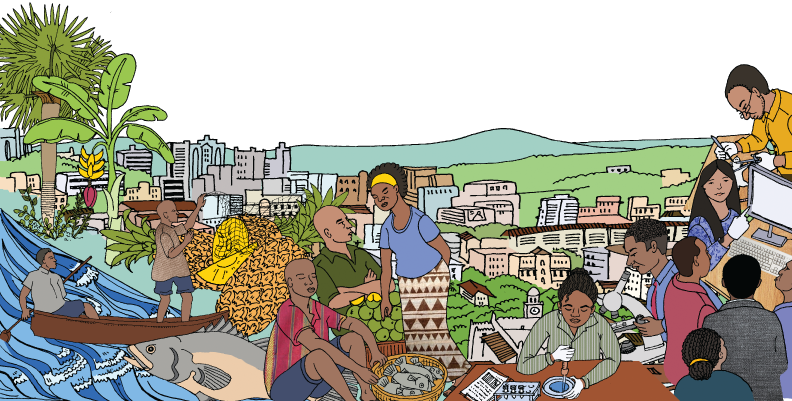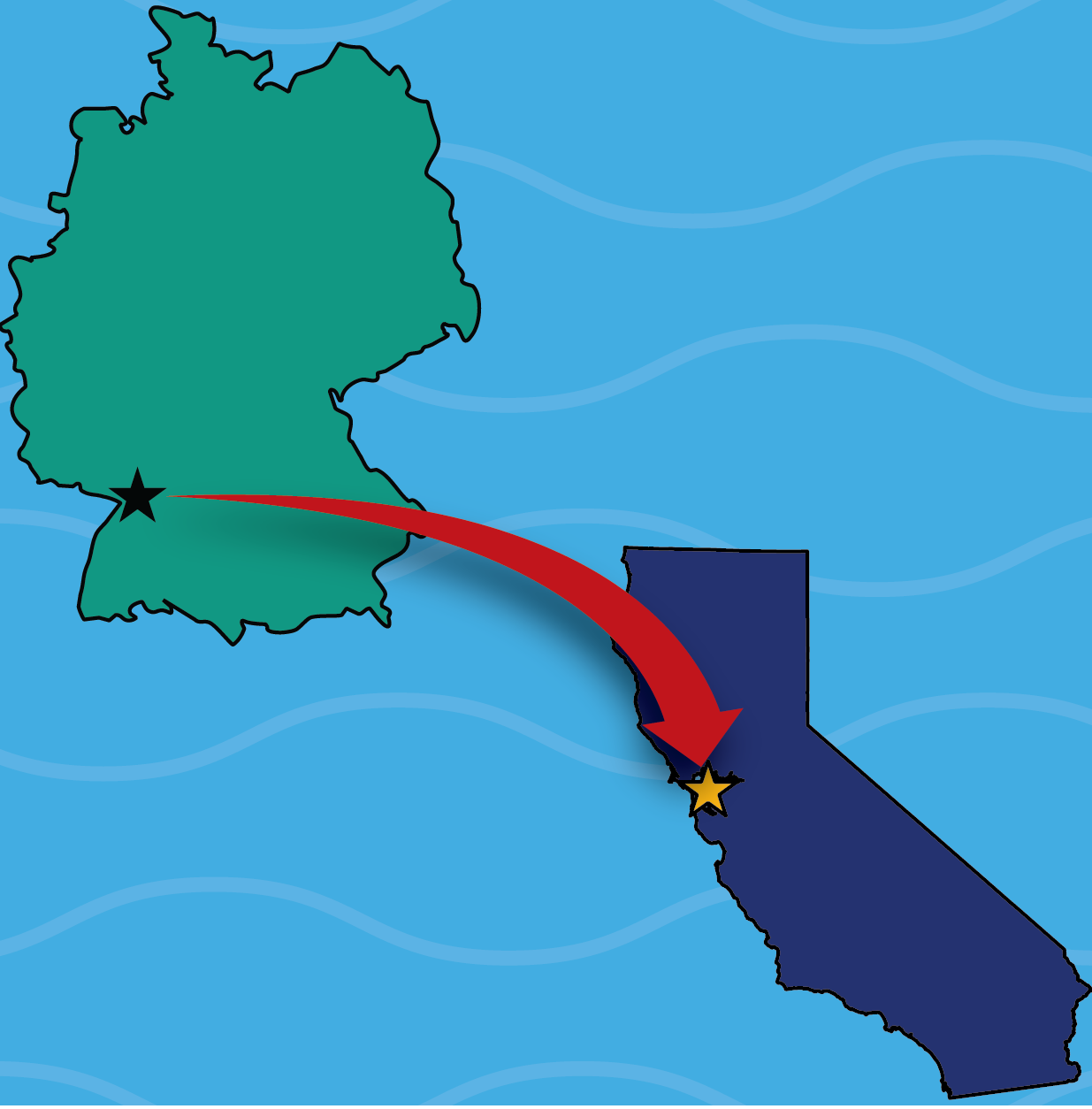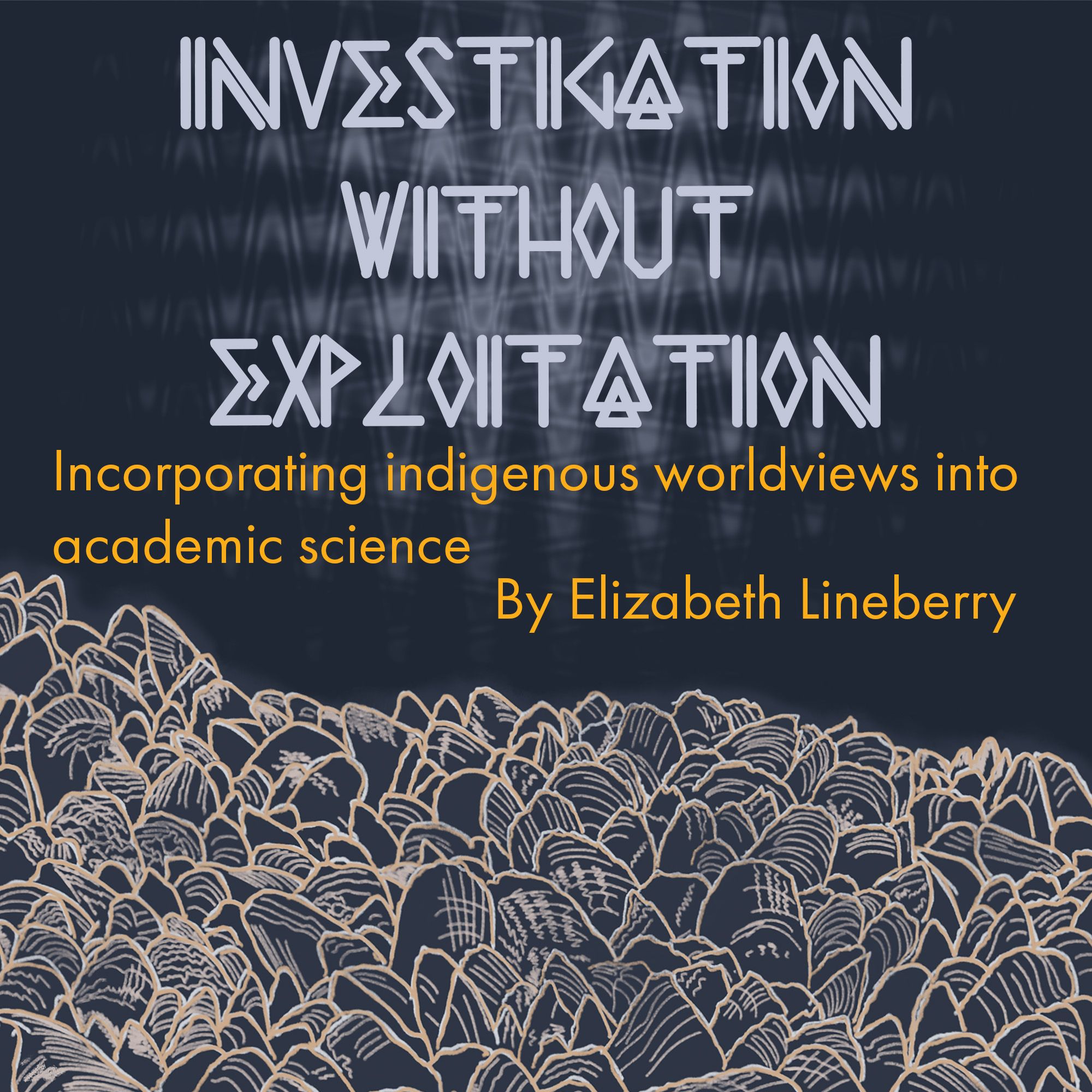From the field
May 11, 2019
I stepped out of the airport in Entebbe, Uganda, and a wave of the most humid air I’ve ever felt swept over me. My legs were still wobbly from 24 hours of travel, and I was dragging a large suitcase packed full of pipette tips, sterile filters, conical tubes, and lab manuals.
With a team of professors and fellow PhD students, I went to Uganda this past summer to teach a laboratory science workshop at Makarere University in Kampala, funded by a donation to the Center for Emerging and Neglected Diseases (CEND) at UC Berkeley. Professors from Makarere requested that we teach their students topics that would enhance their research program, such as the gene editing technology CRISPR-Cas9, protein purification, and immunology techniques with mouse samples.
Many of the graduate students at Makarere are studying the infectious diseases that plague Uganda, like HIV and malaria. Consequently, a big portion of their immunology research is conducted on human blood samples that come from the hospital next door. Basic science research—which aims to answer fundamental questions to advance scientific knowledge but may not have an immediate application to a societal problem—isn’t prioritized at Makarere. However, basic research leads to major discoveries in disease prevention or treatment, which can advance longterm healthcare.
To prepare for the trip, a fellow graduate student and I spent months designing a workshop called “Immunology and Flow Cytometry.” Flow cytometry is a powerful cell analysis technique that uses fluorescence-tagged antibodies to collect information about physical and functional characteristics of individual cells. Assuming that conditions in Uganda would be different from our lab settings, we devised protocols that would minimize the use of obscure reagents and expensive kits. Making sure our supplies shipped safely to Makarere was another hurdle, since researchers often have trouble getting foreign products through borders and bureaucracies. These difficulties meant we had to bring the most important reagents in our own bags to ensure they would be available in time.
Makarere is one of the most prestigious universities in Africa, with foreign organizations and development agencies financing its research, yet some standard scientific procedures for basic research were still difficult to control at the university. The mouse facility, for instance, was just a small room with dirt floors and loose mice scurrying by our feet. The mice were also breathing the outside air, so they were likely full of pathogens that would affect our planned immunological experiments.
After a week of our preparation and readjustment, the Berkeley professors, as well as 70 Ugandan students from Makarere, arrived to begin the workshop. The students were shy at first, but their excitement was palpable once we began work in the lab, especially when they handled live mice. Halfway through the course, we noticed that our class of 12 had suddenly turned into 18. Students had told their friends about the course, and several new people had come to watch.
We taught the students to dissect laboratory mice and collect the spleen and lymph nodes—the organs that contain most of the immune cells. They then learned to stain cells with fluorescent antibodies that attach to specific proteins on the cell. The students used the lasers on the flow cytometer to probe thousands of cells individually and collect information about the population of cells, like how they responded to infection. We focused on the conceptual basis behind flow cytometry—how to run an experiment on the machine and analyze its data—as most of the students were using a flow cytometer for the first time. With this knowledge, the students could apply flow cytometry to almost any project in basic immunology research, disease diagnostics, and immune profiling.
I had the opportunity to talk to students about their research and what they hoped to accomplish with their new skills. One student wanted to use magnetic enrichment of specific white blood cells to study immune responses to HIV in humans. She hadn’t previously had the right training or access to the expensive magnet stands and cell columns. With this workshop and CEND’s donation of leftover supplies, she can now do these experiments. Other students explained that their university lacked the expertise to teach them how to use a flow cytometer and that they were excited to apply this new skill to their research.
Seeing how grateful these students were to participate in the workshop renewed my own appreciation for research, which can sometimes feel tiresome in the fifth year of my PhD program. In a place where education is not taken for granted, I was reminded to appreciate resources and opportunities readily available to me at UC Berkeley.
While the workshop seemed successful based on student’s feedback, in any capacity building endeavor, it is hard to know if our efforts will have a lasting impact. Many students worry that lack of funding at the university will hinder their progress, as a continued influx of resources is required to sustain a strong and competitive research program.
Science as a global institution has evolved to favor scientists in more developed countries. It has become increasingly difficult for researchers from a country like Uganda to publish in the top peer-reviewed journals. At the heart of this inequality is the fact that the majority of global funding is directed at health problems that affect people in high-income countries, while funding for HIV/AIDS, tuberculosis, malaria, and the neglected tropical diseases that disproportionately affect low-income countries is scarce. If such projects are funded, the money is rarely directed to researchers in the countries that suffer from these diseases the most. Some progress has been made in narrowing this gap, but the funding bias persists. If we aim to improve health outcomes worldwide, the field needs more international communication and sustainable research collaborations. Capacity-building workshops such as the CEND-funded flow cytometry class are one of many strategies that can elevate the science community and help researchers across the world develop the research practices to increase scientific innovation.
Alexandra Tsitsiklis is a graduate student in infectious diseases & immunity
Design: Mohini Bariya
This article is part of the Spring 2019 issue.






